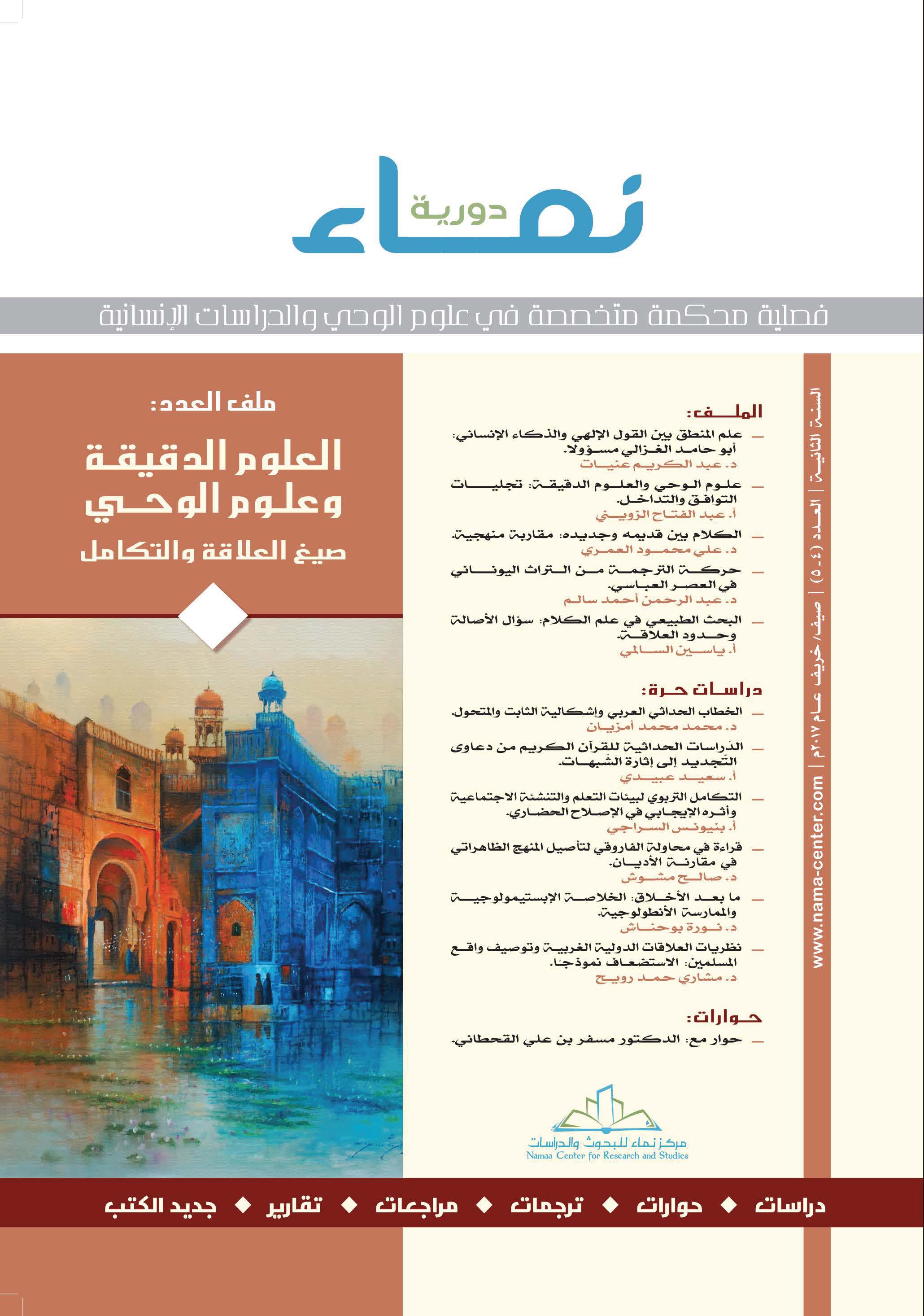Translation Movement from the Greek Heritage in the Abbasid Era
Abstract
This research tries to trace the stages of translation development, especially in the Abbasid era. Most of those who translated in Islamic civilization were non-Muslims, especially Jews. This confirms that the spirit of Islamic civilization is a self-confident spirit that feeds on this dynamic difference that has yielded knowledge and philosophy. It also indicates the ability of the Arabic language to represent, absorb and transcend. It developed its vocabulary and compositions, and began to advance to the center of world supremacy. Translation became a social movement adopted by the wealthy of the Islamic world, in addition to the official adoption. This movement has contributed to awakening the wealthy to spend their money in translating and advancing knowledge more than any other job. The research was divided into an introduction and chapters as follows: the most important centers of Greek culture in the Abbasid Caliphate state, some basic observations on the movement of translation from the Greek heritage in the role of origin, the role of growth and expansion in the age of good, the role of prosperity or the golden age of translation...etc. The research concluded that despite the shortcomings of the first stage of translation, it had the first credit for laying the foundation stone for the stage of translation growth and expansion. The era of Harun Al-Rashid represented a transitional phase in which the translation movement started a new phase of greatness and prosperity.
Full text article
Authors

This work is licensed under a Creative Commons Attribution-NonCommercial 4.0 International License.
yright and License
Researchers always have copyright. The research published in the Journal is licensed under the Creative Commons Attribution-Noncommercial 4.0 International License. This means that every person can download, read and use the research, provided that he/she relates it to its author appropriately, stating any amendments made. This work cannot be used for commercial purposes.

